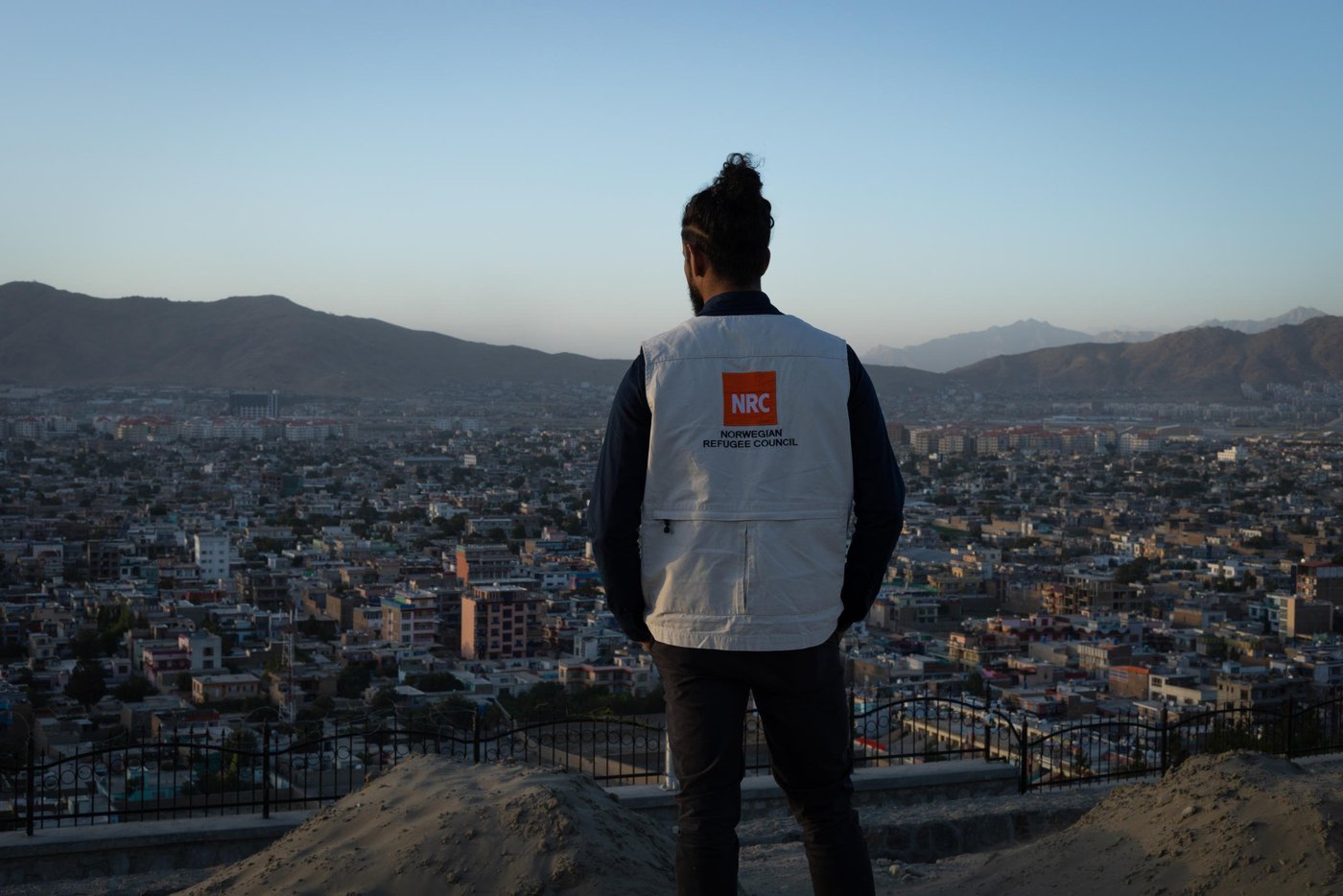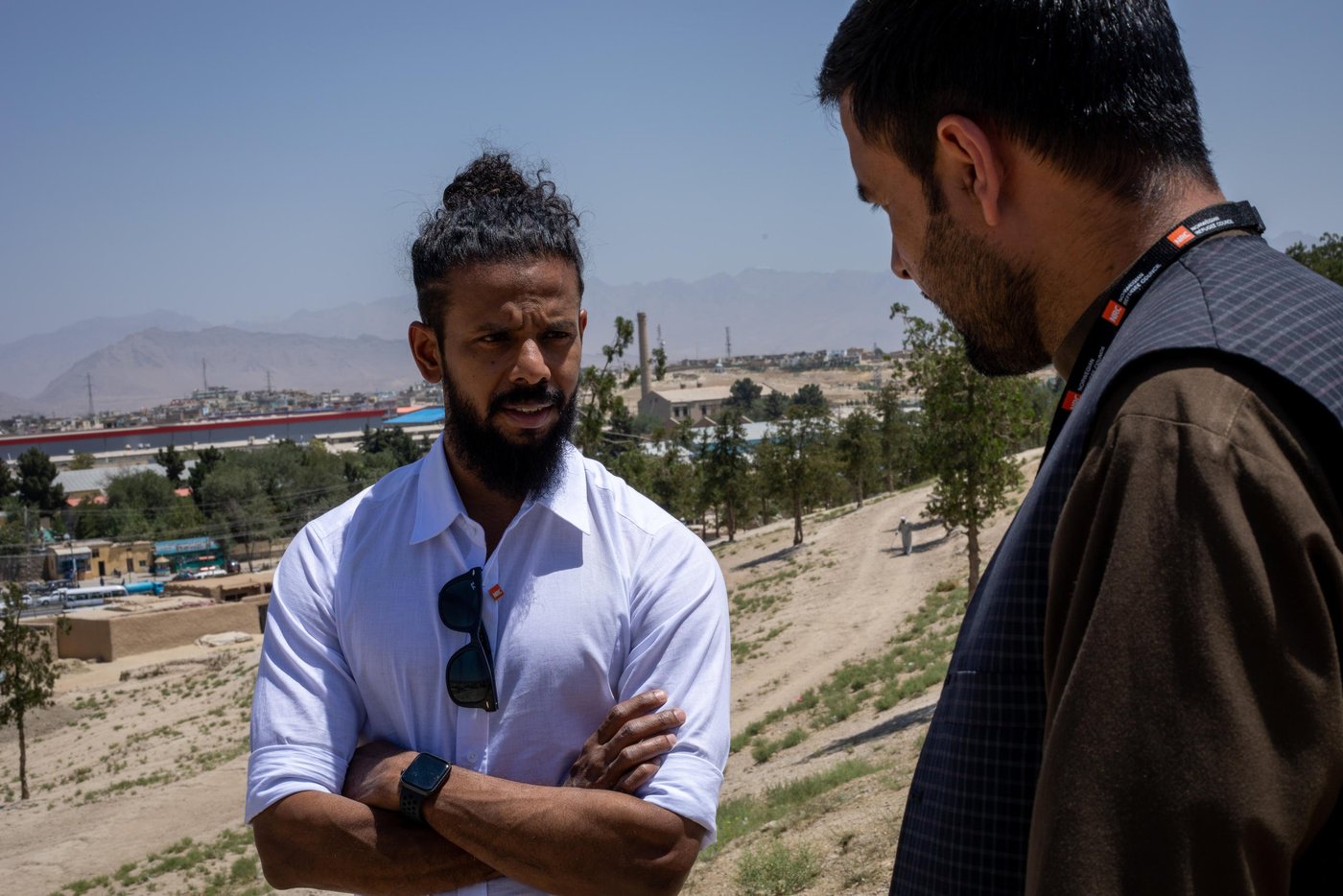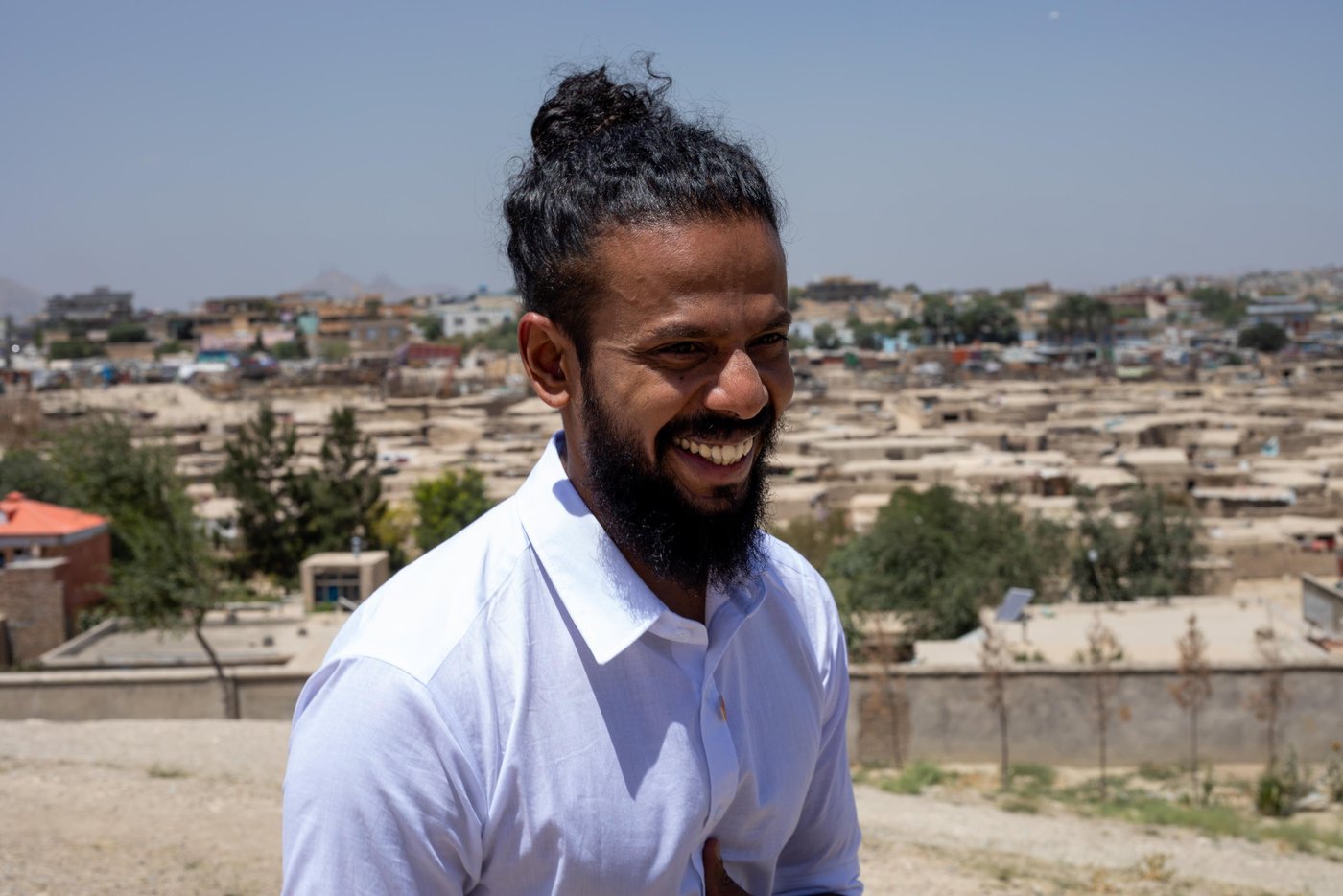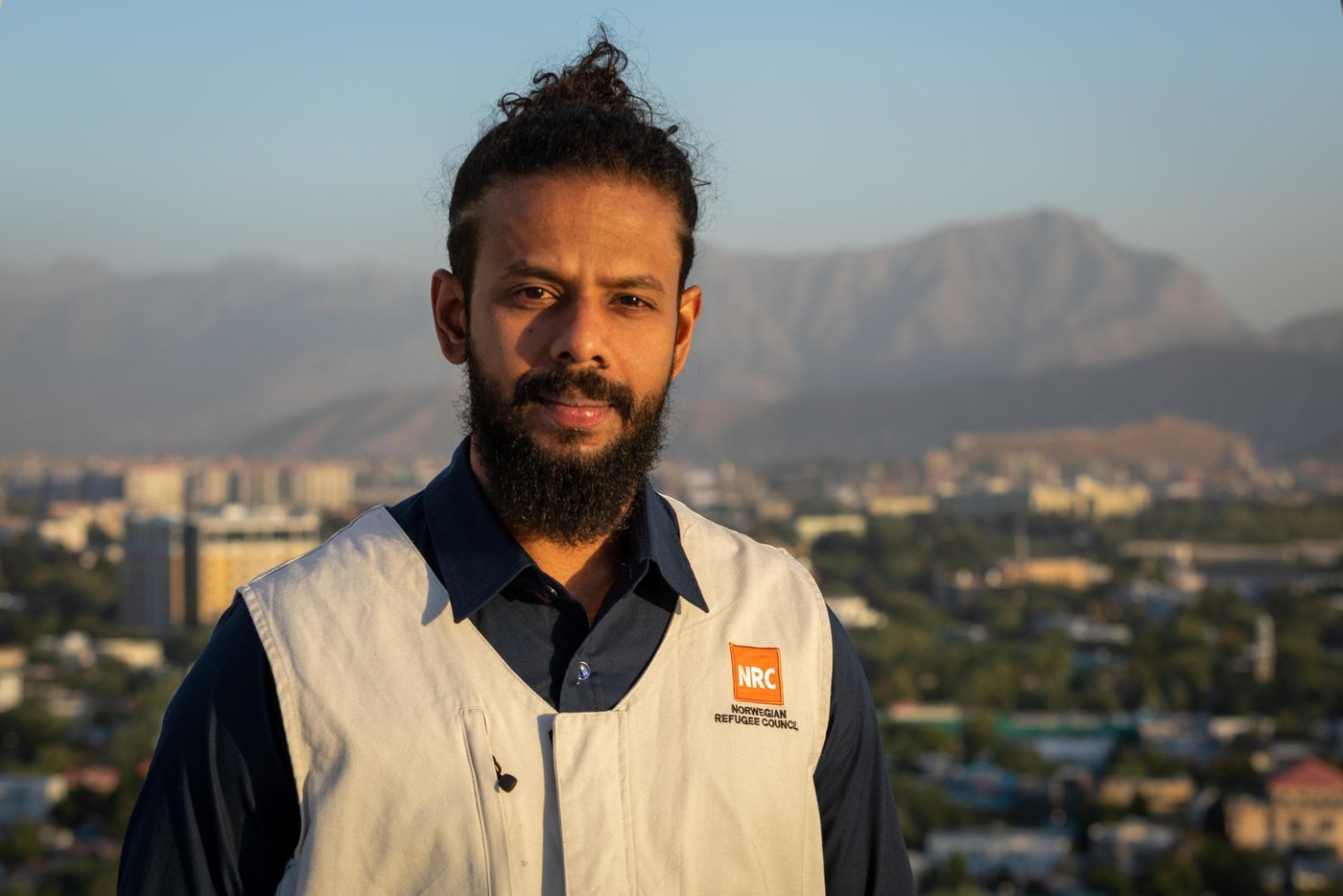Ajanth David Fernando is from Batticaloa, a town on the east coast of Sri Lanka. His country was in the middle of a brutal civil war when the 2004 Indian Ocean tsunami wiped away many of the lives, homes and schools of his hometown.
“The tsunami changed everything. The school where I used to play basketball was turned into a centre for people who had lost their homes. I was in my late teens, just out of high school, looking to study further and work in ICT,” Ajanth says.
The tsunami changed everything
Together with his friends, Ajanth decided to join the local relief effort. When a local NGO stepped in, they immediately signed up as volunteers.
Together they organised distributions, accompanied people to hospital to find their loved ones, helped with the search and identification of the deceased, and started clean-up operations. Thus began Ajanth’s lifelong commitment to humanitarian work.
The Norwegian Refugee Council (NRC) works to support refugees and displaced people in over 30 countries around the world. Support our work today

Learning to live with insecurity
Now, 16 years on, Ajanth works for the Norwegian Refugee Council (NRC). His career has not always followed an easy path. He is currently based in Afghanistan, one of the most dangerous places for aid workers, helping communities torn apart by violence and insecurity.
“I learned from a young age to live with and in insecurity,” he explains. “We suffer the most when we least expect it.”
“Compared to other organisations I have worked for, the Norwegian Refugee Council enjoys a degree of acceptance and the staff are often not directly the target. But this does not provide us with a security blanket.”
For many Afghans, social distancing is a luxury they cannot afford
Ajanth explains that managing insecurity has become even more difficult since the outbreak of Covid-19: “Covid-19 spread across Afghanistan like wildfire, often as a direct result of misinformation, disbelief, and people’s inability to keep themselves safe in the face of the pandemic.”
“For many Afghans, social distancing is a luxury they cannot afford. Working from home for those that depend on a daily wage is simply not possible.”
Much like the tsunami that hit Ajanth’s own war-torn country in 2004, the Covid-19 pandemic has wreaked havoc across communities already struggling to stay safe and put food on their tables.
“Witnessing this is frankly heartrending and affects humanitarians deeply,” he says.
Deciding to stay
Yet when mid-March arrived, with the threat of international flight suspensions and border closures, and many expat staff were evacuated, Ajanth decided to stay.
He was asked to step into the role of Acting Country Director and to lead a team of almost 1,400 staff through the first weeks of the outbreak.
“I won’t lie, it was scary to take on such a difficult responsibility,” he says. “Across our operation, the mantra was clearly endorsed by all staff: NRC stays and delivers.”
“But to honour our commitment as humanitarians meant striking a careful balance between acceptable levels of risk to our staff and the displaced people that we support, and maintaining operations with the mission to stay and deliver.”

Ajanth explains how humbled he was when he saw the level of dedication from his Afghan colleagues. Despite their own struggles and the risks associated with the spread of Covid-19, they continued to provide food, cash, shelter and protection to their fellow Afghans.
“Their commitment brought me back to the shores of my own country and reminded me that humanity ultimately prevails in the face of adversity,” he says.
Making Afghanistan home
Despite being trapped in the country, Ajanth learned to make Afghanistan his home. Delivering relief to the Afghan people became his mission.

“During the pandemic, Afghanistan really became home for me,” he recalls. “It became an indefinite mission, a place where I knew I would be for while – without the luxury of a break. I learned to appreciate the little things that give comfort in an insecure environment during uncertain times.”
“The morning greetings from colleagues, the familiarity of the call to prayer, the kindness shown by our colleagues who knew that, as a Sri Lankan, I was giving up the possibility of returning to my home country indefinitely, gave me a profound sense of gratitude.
“This, in turn, kept me grounded and motivated to carry on the important work NRC is doing for the people in Afghanistan.”


